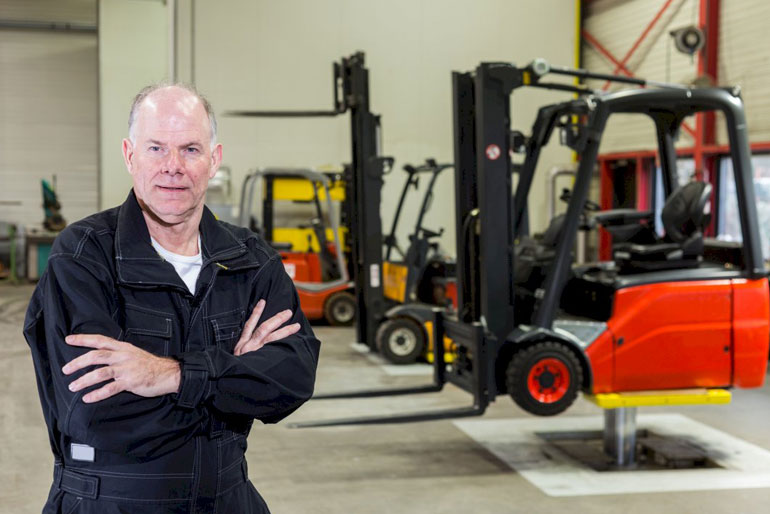Small businesses typically have a lot of expenses, especially regarding equipment and machinery. Purchasing new equipment outright can be a drain on finances and can take up valuable storage space. Especially in advanced countries like Singapore, where land is limited and equipment costs are high, purchasing new equipment simply isn’t viable for many businesses. But what if there was an option that allowed small businesses to access the equipment they need without breaking the bank? That’s where renting comes in.
This blog post will explore the benefits of renting equipment for small businesses.
Flexibility And Cost-Effectiveness
One of the biggest advantages of renting equipment is flexibility. Small businesses can rent the equipment they need only for the time they need it without worrying about long-term commitments. Rather than making a significant upfront investment, renting allows businesses to allocate their finances more effectively.
Renting is also often less expensive than outright purchasing equipment, as the rental costs can be written off as expenses on tax returns. For example, small businesses running warehouse operations should consider a forklift rental, which can provide the necessary lift capacity of a small warehouse without a large upfront purchase. They can use the forklift for a short period and return it when they no longer need it, saving them money over a long-term purchase.
Access To The Latest Equipment
Renting equipment also ensures that small businesses can access the latest and most up-to-date equipment options. Equipment rental companies often offer a range of options, including new models or upgrades that businesses might not consider purchasing outright. By renting, small businesses can keep up to date with the latest technology while avoiding the high costs of purchasing new equipment.
Maintenance And Repairs
Owning equipment can come with a lot of headaches. Repair and maintenance costs can be high, especially if the equipment is not frequently used. Renting equipment eliminates these concerns. Equipment rental companies are responsible for maintenance and repairs, so businesses don’t have to worry about these expenses. When rental equipment breaks down, the equipment rental company takes care of it quickly so businesses can return to work without delay. Additionally, here are some maintenance tips for businesses that do decide to purchase equipment:
Keep A Maintenance Log For Each Piece Of Equipment.
Businesses should document when they use and maintain each piece of equipment to quickly identify any potential issues. Many equipment suppliers offer maintenance logs that companies can use to track their equipment.
Regularly Perform Preventative Maintenance.
Regularly scheduled maintenance and check-ups allow businesses to identify potential issues before the equipment breaks down. This is especially important for companies that operate in hazardous environments, such as manufacturing or construction sites.
Ensure That Employees Are Properly Trained On Using The Equipment.
Businesses should always ensure their employees are properly trained to use and maintain the equipment. This will help ensure that the equipment is used correctly and can prevent accidents or injuries by ensuring employees know how to operate the equipment safely.
Keep An Inventory Of Spare Parts On Hand.
Having a supply of spare parts is essential when equipment breaks down. This will help businesses to get the equipment running quickly and limit downtime. This also means companies won’t have to wait for a replacement part if it isn’t readily available.
Lower Risks
Finally, renting equipment lowers the risks associated with ownership. In addition to the initial cost of purchasing equipment, owning can come with risks such as obsolescence, market changes, or unexpected downturns. Selling used equipment can be difficult and expensive, making the old equipment another burden businesses must shoulder. Renting eliminates these risks, allowing companies to focus on what matters; growing and running their business.
Renting equipment is a cost-effective and flexible option for small businesses. It offers access to the latest equipment without breaking the bank, frees up storage space, and takes the risks of ownership away. In practical terms, it also means that small businesses can adjust their inventory and get equipment only when needed. With lower costs and fewer risks, renting equipment is an attractive option for small businesses looking to save money and limit their expenses.
So, if you’re a small business needing the right equipment and machinery, consider renting rather than owning. It may be just the thing your business needs to succeed.







